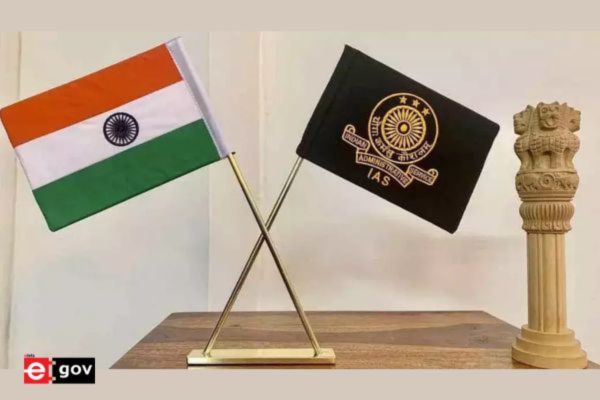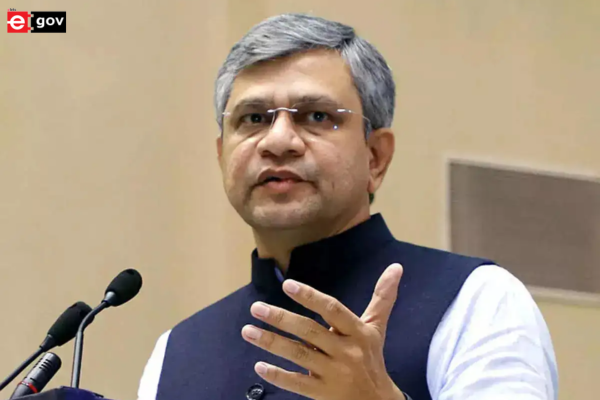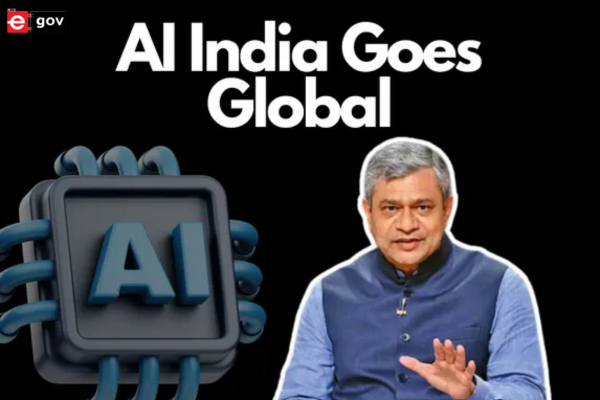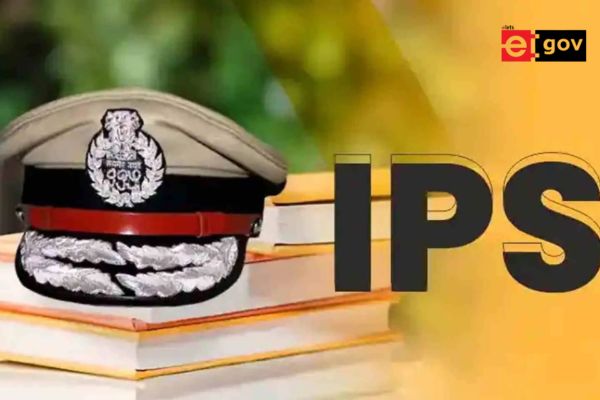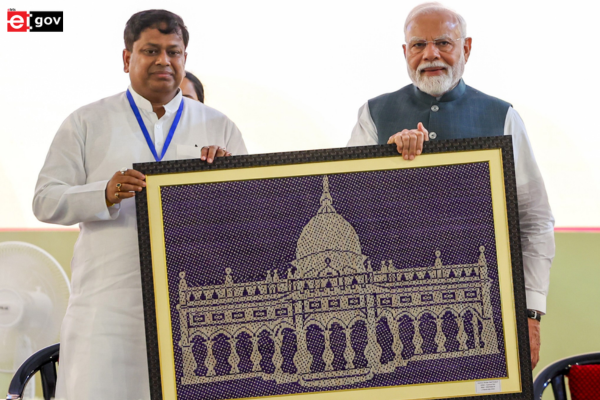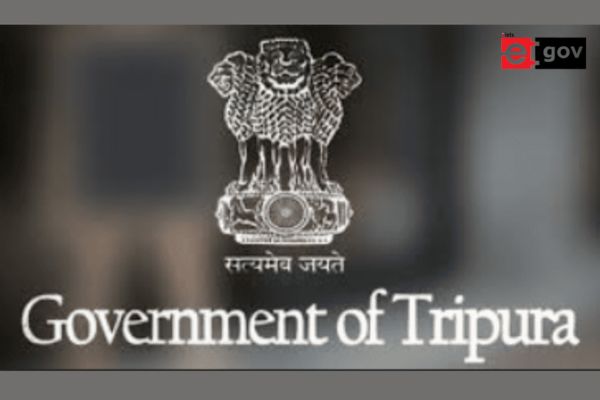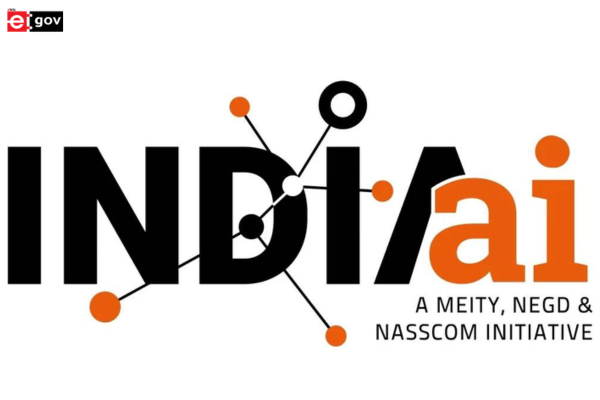The third preparatory committee meeting for the second phase of the World Summit on Information Society (WSIS) took place from 19 to 30 September 2005 at the Palais des Nations in Geneva, Switzerland. This was the last preparatory committee meeting before the WSIS event. Ambassador Janis Karklins of Latvia, President of the WSIS Prepcom, mentioned at the opening session that the Prepcom 3 was the only time allotted for governments to complete work on the documents to be finally agreed to by Heads of State in Tunis in November.
Civil Society support
For much of civil society, the Prepcom began with an all-day orientation session on 18 September. The orientation opened with a general overview of the status of negotiations and preparations with Charles Geiger, head of the WSIS executive secretariat. Following this was a quick rundown of the various structures and groupings of civil society, including the Civil Society Bureau, the Content and Themes Group, the Working Group on Working Methods, and the various Civil Society caucuses and working groups.

This orientation session was notable for a two-hour session outlining the various issues surrounding the area of Internet Governance. Several experts from civil society, including Wolfgang Kleinwachter, Bill Drake, Adam Peake, Jeanette Hoffmann, Milton Mueller, and Avri Doria, gave rapid-fire reports and commentary on the Internet, its governance and the important issues for civil society to consider. While the speakers expressed frustration that there was not enough time to cover all of the subject matter, many participants felt that it was very helpful to get a quick overview of the key issues being discussed in the coming two weeks.

Beyond the official negotiations, the 125-some side-events organized by Civil Society brought attention to the various interests of civil society, from gender concerns to youth empowerment, human rights, freedom of expression and the press, education, ethics and values, and peace.

Government support
At Prepcom III, government delegations faced a daunting pile of ‘bracketed’ text going into the negotiations (brackets representing text that is still not agreed by all delegations).

The official negotiations took place within two sub-committees: Sub-committee A on Internet Governance issues and Sub-committee B, led by the spirited South African Lyndall Shope-Mafole, on ‘all other issues’ in the texts.
Internet Governance negotiations went at a fairly rapid clip in the first week, with civil society making a number of good interventions and suggested amendments under the active leadership of the Civil Society Internet Governance Caucus.
Meanwhile in Sub-Committee B, the main contentious issues related to what happens after Tunis. That is, once the hoopla has died down, what international mechanisms need to be put in place to ensure that the goals agreed to in Geneva and Tunis don’t remain simply nice but empty aspirations?
Among the options on the table, is the creation of some kind of inter-agency coordination body under the auspices of the UN Secretary General. Another possibility is the establishment of a ‘Commission on the Information Society’ similar to other Commissions set up after other UN Summits, such as the Commission on Human Rights and the Commission on Sustainable Development.
One innovative idea put forward by the Chilean delegation is to re-tool an existing ECOSOC Commission called the ‘Commission on Science and Technology for Development’ to be the follow-up and implementing body after WSIS. Another contender is the ‘Global Alliance for ICT and Development’ being supported by the UN ICT Task Force.
Follow-up
Whatever follow-up and implementation body gets set up, civil society has been most concerned that it have a multi-stakeholder, transparent and participatory nature reflecting how the WSIS and the Working Group on Internet Governance has operated over the past four years.
Another issue is how to make sure the summit does have an impact on the real world. The new draft contains less commitment of governments to serious implementation efforts, and it also is a major step back for multi-stakeholderism. The United States government has made clear that it did not want this summit in the first place, and that it wants the WSIS process to stop after Tunis. Others like Brazil are keen on making sure meaningful implementation procedures are set up by the summit – otherwise it would have been a ‘major waste of time and money’.
Prepcom III concluded at around 2100 hours on 30 September, with a vague lack of resolution on the main issues and texts. The presumption is that the Prepcom will re-convene for 3 days or so in Tunis just before the Summit.
Meanwhile, there will be an ‘open-ended negotiation group’ chaired by the president of the Prepcom mandated to negotiate all remaining issues except Internet Governance. This leaves Internet Governance to be concluded right before the Tunis Summit.
Source: http://www.itu.int/wsis/preparatory2/pc3/
Be a part of Elets Collaborative Initiatives. Join Us for Upcoming Events and explore business opportunities. Like us on Facebook , connect with us on LinkedIn and follow us on Twitter, Instagram.
"Exciting news! Elets technomedia is now on WhatsApp Channels Subscribe today by clicking the link and stay updated with the latest insights!" Click here!




